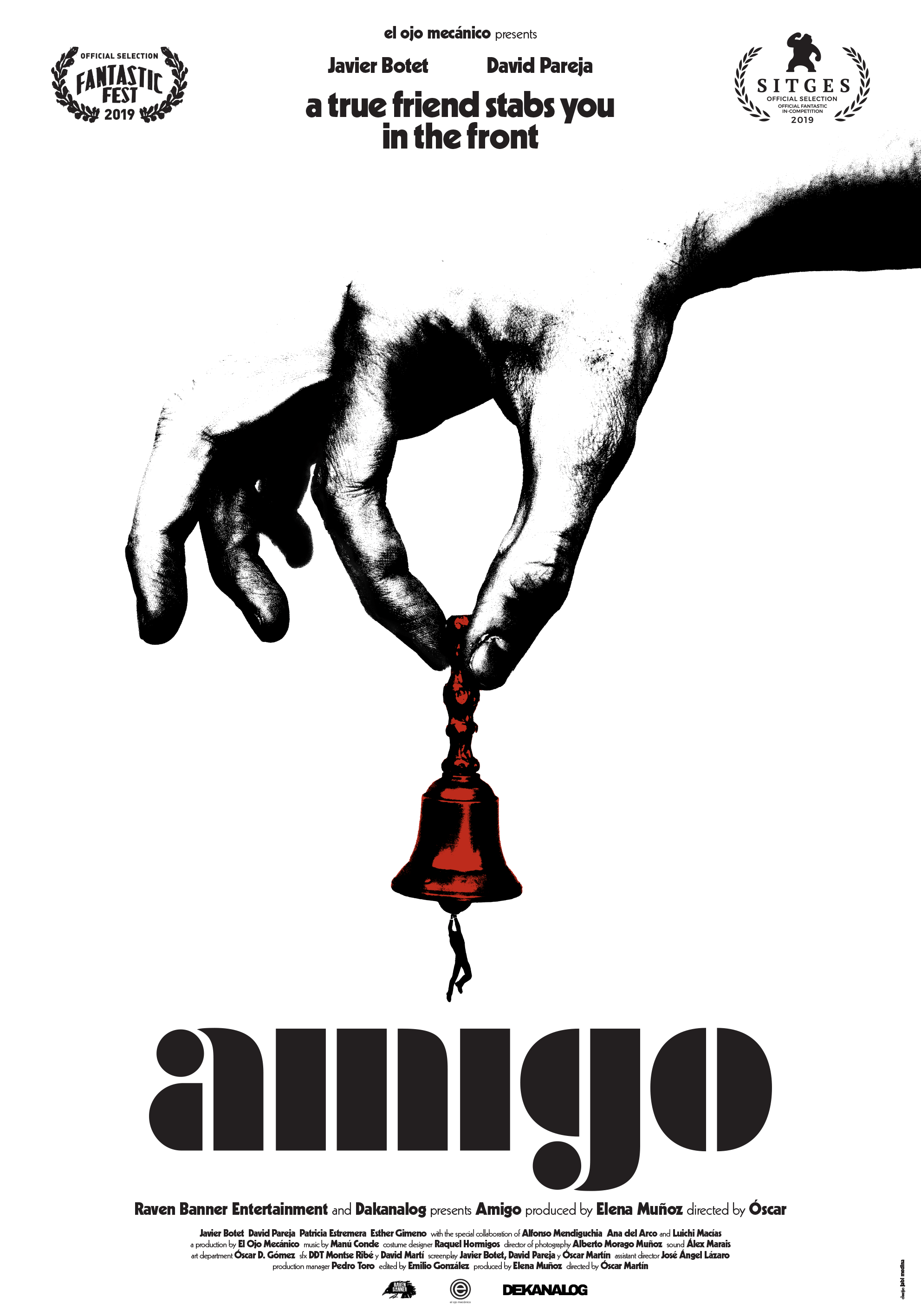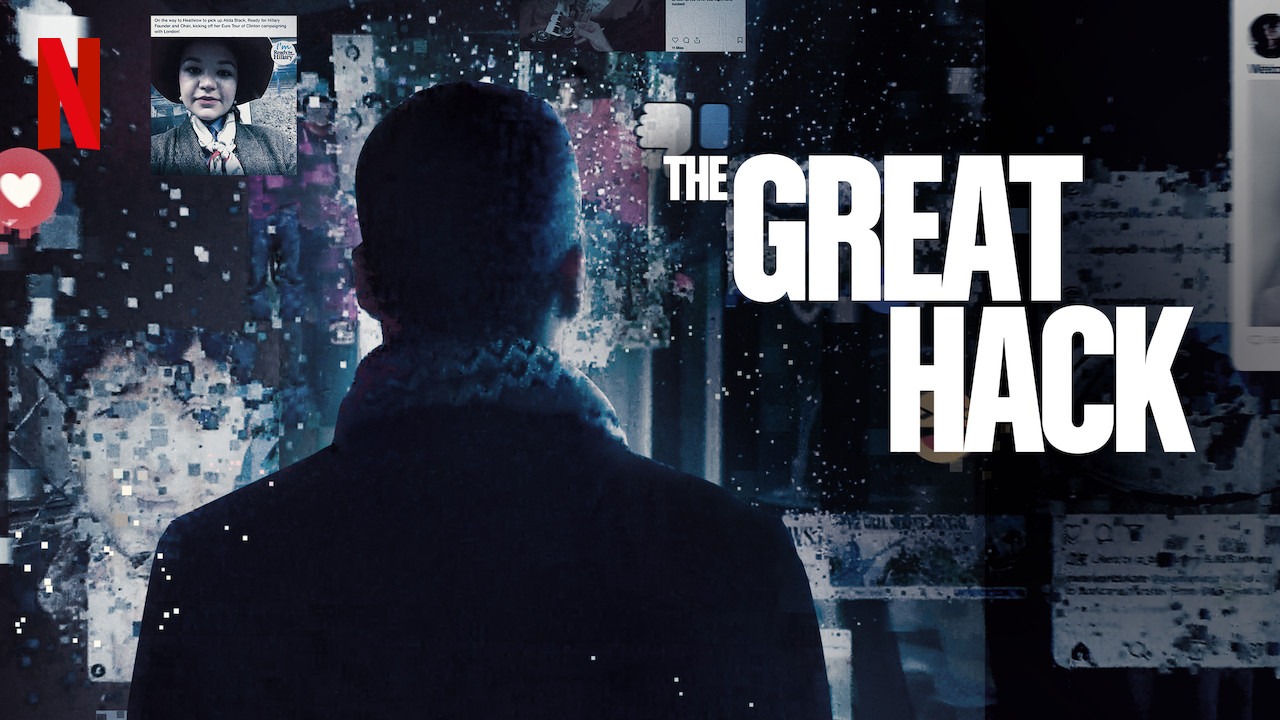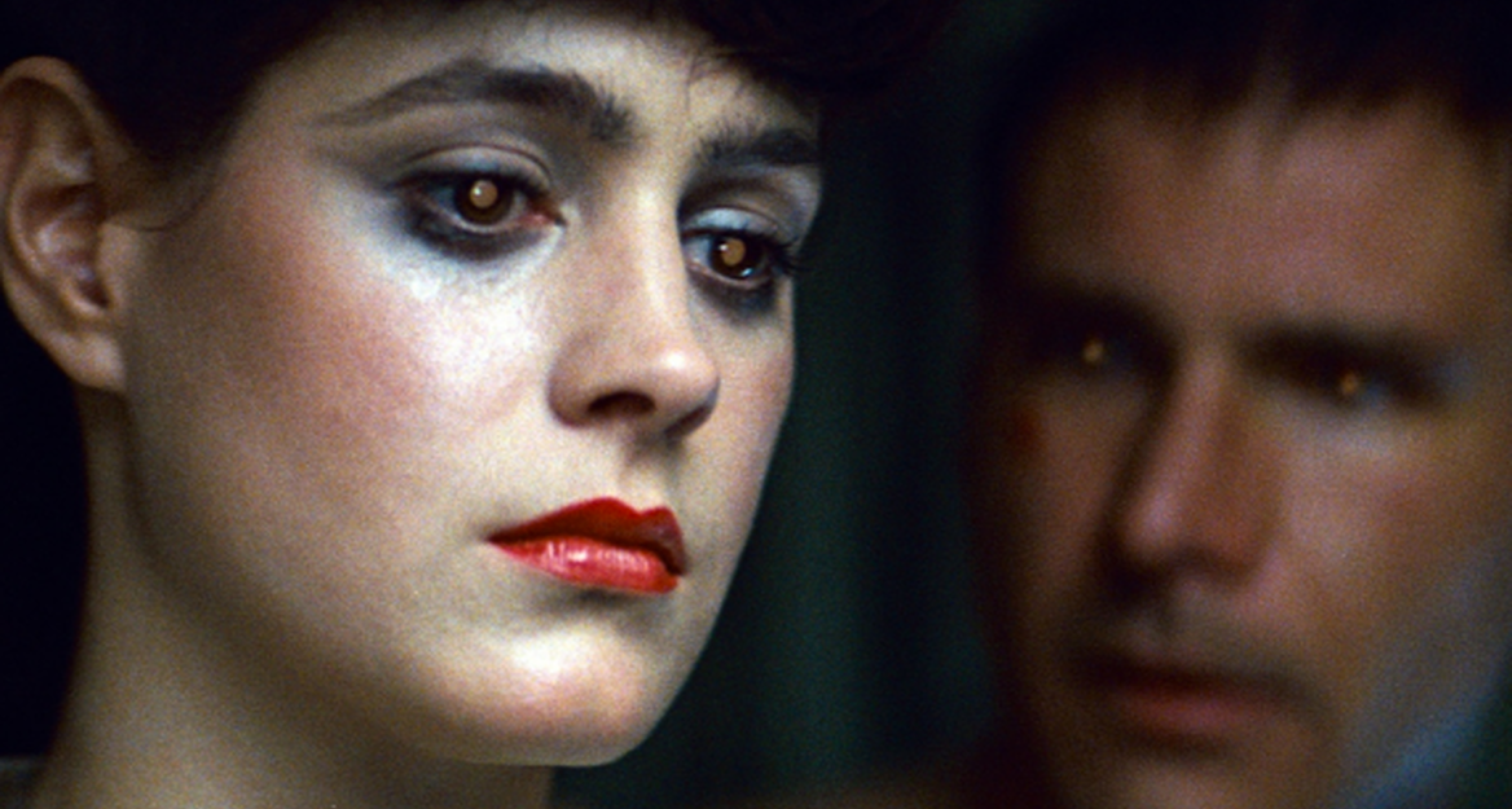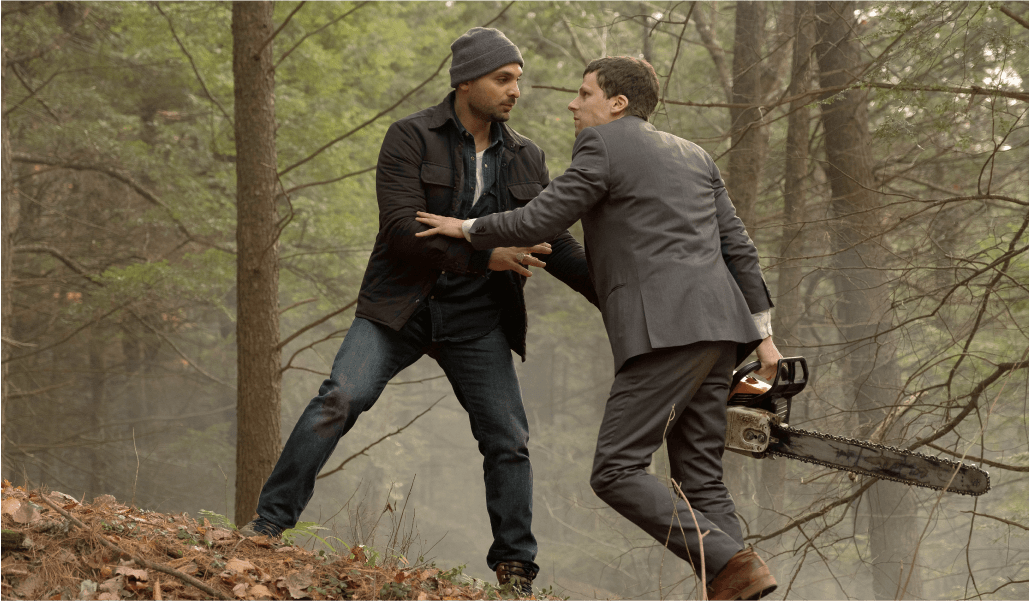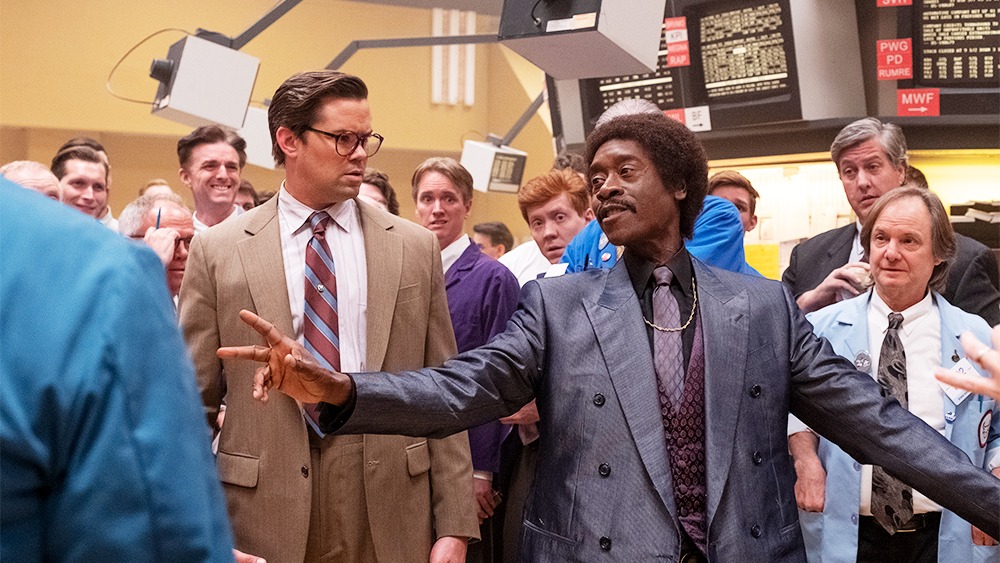Richard Jewell
The story of Richard Jewell, the security guard who discovered an explosives-filled backpack during the 1996 Summer Olympic Games in Atlanta, is once again captivating the nation—this time because of Clint Eastwood’s new biographical drama.
Jewell’s actions on the night of the bombing were initially credited with saving countless lives, elevating him to national-hero status. But his glory was short-lived. An Atlanta Journal-Constitution story, which ran a mere three days after the explosion, revealed that Jewell was a suspect in the FBI’s investigation. The news triggered a media frenzy that would touch nearly every aspect of the man’s life.
For many, Jewell’s story isn’t a distant memory. Journalism professors use it as a case study to demonstrate just how powerful, and destructive, the press can be. For Eastwood, telling the story offered an opportunity to vindicate a man on the silver screen, a man who was guilty only of doing his job.
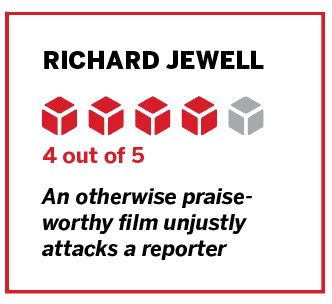
The director wastes no time establishing how lovable and hardworking, albeit socially awkward, Jewell (Paul Walter Hauser) was. The easily bullied Jewell lived with his mother, Bobi (Kathy Bates), and harbored a passionate desire to work in law enforcement. But that deep-rooted obsession with police work led the FBI to shoehorn Jewell into the “lone bomber” criminal profile, making him the primary suspect.
What followed was a string of ethical and legal missteps by the FBI and the press that would transform Jewell’s public persona from revered to reviled, while pulling everyone he held dear into the nightmare. The FBI, pressured by the media circus, felt obliged to charge him. The media, depicted in the film as a bloodthirsty, self-interested mob, were more than happy to persecute him.
The film demonstrates the painful results, while also offering a clear message: Jewell’s biggest mistake was trusting the powerful institutions of law enforcement and government. Both let him down.
It’s a message that couldn’t have been conveyed without lambasting the lack of ethics journalists displayed in their coverage. But the film is cheapened because it’s guilty of what it so fervently sought to critique: It baselessly presented a real-life person in a false light, damaging that person’s reputation.
The movie targeted the late AJC reporter Kathy Scruggs (Olivia Wilde), who was shown offering to sleep with an FBI agent (Jon Hamm) for a scoop on the case. But there’s no evidence to support that attack on Scruggs. The lazy trope of reporters trading sex for stories is not only tired—it debased what would otherwise have been a must-see movie, giving a mostly enjoyable film a sour, hypocritical aftertaste.
—Mike Reddy


